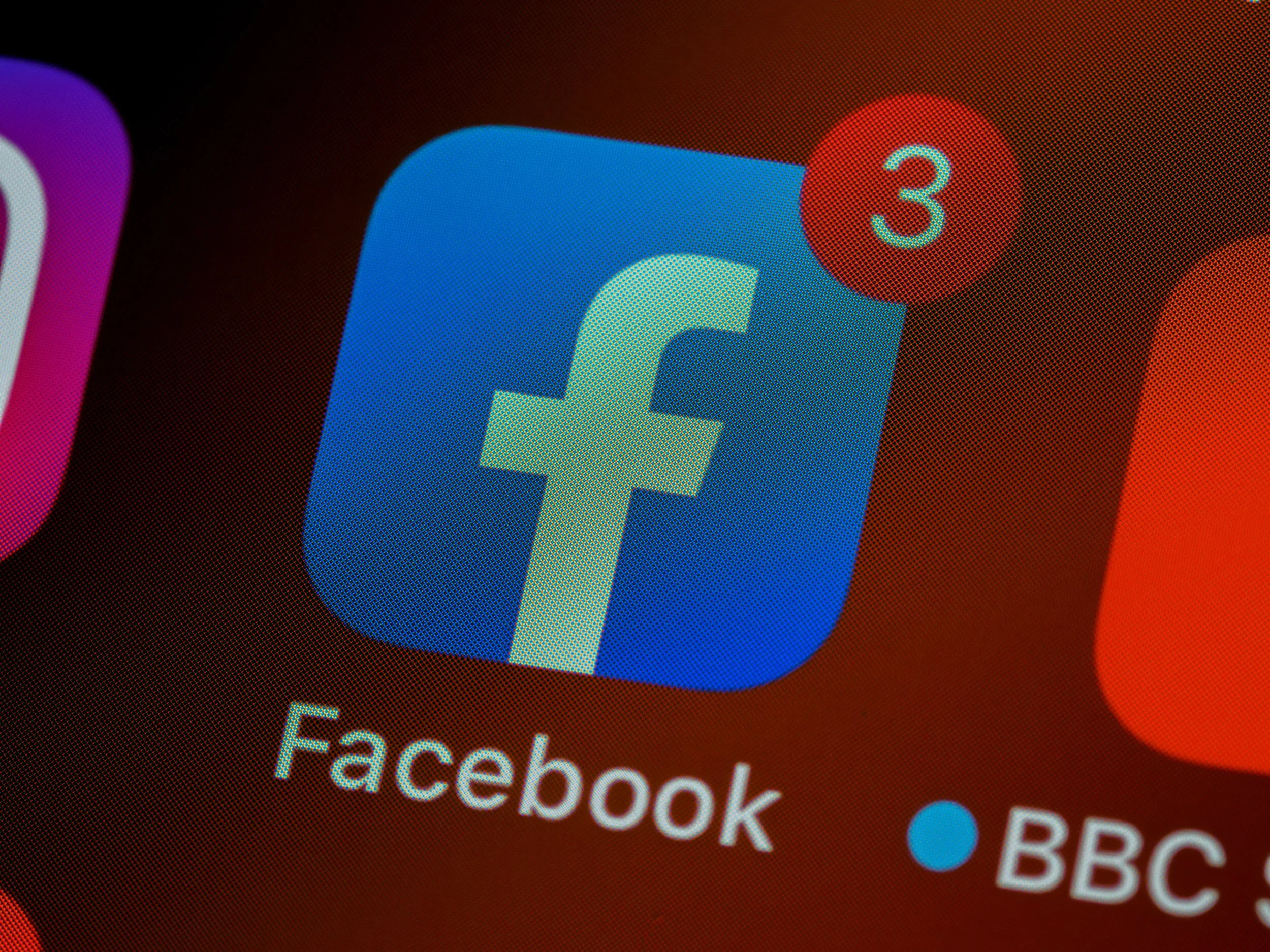
July 5, 2020
Why a Facebook group is your secret weapon for converting clients in your wellness business
Here’s why this is important: If starting up a Facebook group feels like yet another platform to zap your time, you might be surprised to know it could be time well spent.
Read on to find out why starting up a Facebook group can help you to really connect with your audience and bring you in more clients.
One of the most frequent questions I get asked when I help wellness entrepreneurs attract more clients to their business is “should I start a Facebook group?”
With the myriad of ways that you could promote yourself and bring in work, a Facebook group might feel like yet another thing on a long list that you just don’t have time for.
But I would strongly argue that a Facebook group could actually be the best use of your time online if you want to attract clients fast.
And look, I know what else you might be thinking: Facebook, really? I hate it!
I know none of us are huge fans of Facebook these days. Putting aside all the political shadiness and hate-speech rules or lack thereof on the platform with Zuckerberg at the helm, most of us would agree Facebook is not massively user-friendly, hard to keep track of conversations and a bit clunky all round.
But right now it’s the only platform we’ve got that the majority of people are super familiar with, already have an account for and that they check virtually every day, which is ideal when we want to get in front of our ideal customers.
So why don’t we put those concerns aside, and embrace what could be a hugely abundant platform for you and your wellness business if it’s harnessed in the right way?

Here’s why having your own Facebook group is a killer way to bring in more clients:
1. Facebook groups have a purpose that connects you to your audience
Whenever you’re using social media, you need to think from the perspective of your audience.
And what are they thinking?:
“What’s in it for me?”
We’re all self-centred online, we only follow accounts and join groups we think are going to benefit us in a really clear way.
Following you on your Facebook page or Instagram account might give them some of your tips, recipes, inspiration and help.
But if they’re really struggling, what these members of your audience want is to get more support.
That’s where a Facebook group comes in.
Setting a clear purpose and outcome for your Facebook group means that your audience start to really see what you are the expert in. They see you as the ‘go-to’ person for their particular problem or issue, which makes it easier for them to recommend you and refer you on to others.
If you’re seen as the expert? You’re going to get booked.
2. Facebook groups allow your ideal clients to really open up and engage with you
Having a Facebook page is fine and useful for ‘broadcasting’ about what you do. But it’s still a public forum and isn’t really somewhere you’re going to see a huge engagement.
Particularly if your business is based around helping people with quite personal health matters – physical symptoms or mental health worries for example – posting replies and opening up in a public space might not be something they feel comfortable to do.
That’s where a Facebook group comes in.
With a purposeful, private space where you show up regularly, specifically helping people with a particular issue, your audience will start to feel comfortable to share with you.
And when they’re sharing with you, you’re set to benefit hugely.
Rather than shooting in the dark and guessing what people need and want from you, they’re going to start asking you for it in no uncertain terms.
That kind of input is gold dust when you’re looking to be the answer for your ideal customers.
If you’re the answer? You’re going to get booked.

3. Facebook groups create community
As your Facebook group grows, it won’t be just be you providing all the answers and your members sitting back and listening.
A Facebook group can really foster a sense of community. With members seeing the safe space you create and the clear purpose of why they’re there, they’ll start to help and support one another.
And with that sense of community comes a huge increase in those know / like / trust factors, which are vital if you want to sell people what you do or offer.

Latest posts
BACK TO THE BLOG
The Self-Trust Lab Assistant helps you turn inner clarity into outer action, so your best ideas don’t stay stuck in your head.
Chat with her now to reconnect with your self-trust and embrace experimenting in your business — in under 10 minutes.


